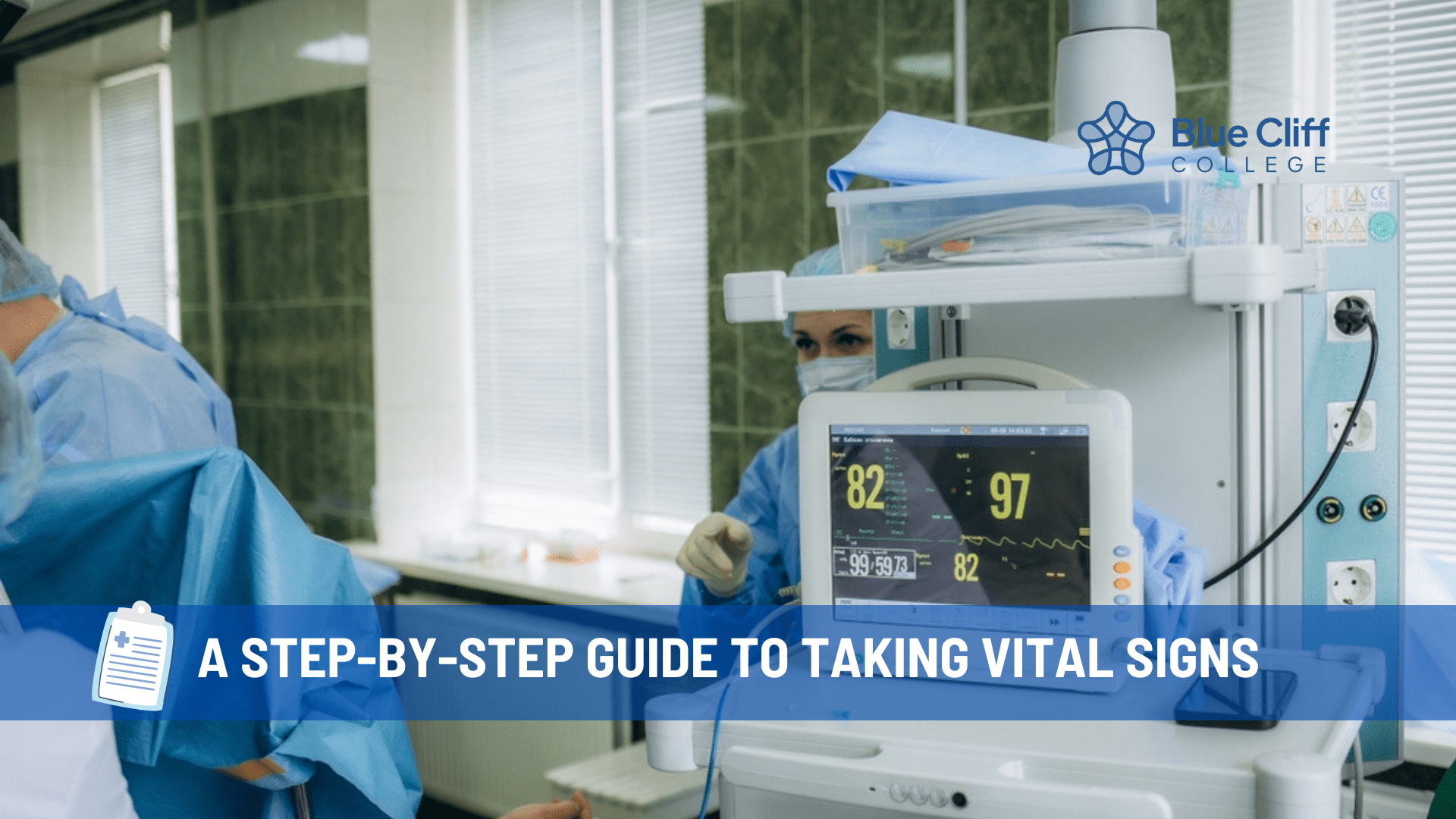The LPN Experience
Licensed practical nurses are in high demand and it is an enticing career choice for many for a myriad of reasons. Being an LPN offers a great deal of job satisfaction for those who love to help people and see the positive impact that they’ve made. They can also join the workforce relatively quickly with a flexible, short program that helps them pass their licensing exam.
However, for as many benefits as there are to being an LPN, the career also has its drawbacks, as well. While, for many, these drawbacks are not enough to outweigh the benefits, it’s still important to be aware of what they are to be as prepared and informed as possible.
Let’s discuss the top 13 challenges that you’ll face as an LPN and the steps you need to take to become one.
Table of Contents
The Top 13 Challenges That You’ll Face as an LPN
1. Handling Difficult Patients
Licensed practical nurses are one of the first points of contact for patients who are struggling with health problems. They work extensively with the patients, as well as their families, leaving plenty of room for patient-related challenges.
Because patients are often in pain and families are worried, tensions can run high. This leads to LPNs needing to navigate difficult situations where the patient is resistant to treatment, combative, or even violent.
In these scenarios, an LPN must handle challenging patients professionally and compassionately, even if they are abusive or rude.
It’s essential to use strategies to manage them safely and effectively, like:
- Active listening
- Showing empathy
- Setting boundaries
- Using assertive communication
2. Long Shifts
LPNs generally have to work shifts that are not only long but also during undesirable hours. These can include nights, weekends, and holidays. The only exception to this is working at a private practice.
3. Changing Schedules
Schedules for LPNs are constantly changing, which can add a lot of stress. If another LPN is out or calls in sick, their shift must be covered.
4. Experience vs. Education
From a practical viewpoint, the common belief in healthcare is that having experience is more important than having an education. Someone who has been practicing as an LPN for years probably does have more hands-on knowledge of the responsibilities of the role.
However, many employers put more value on education over experience, which can lead to conflict. If someone has been practicing as an LPN for 15 years and a recent graduate student is hired as their supervisor, it can be extremely frustrating for the experienced LPN. In many cases, LPNs feel that their years of experience are devalued.
How To Become a Licensed Practical Nurse in 15 months?
5. Limited Job Outlook
The job growth rate for LPNs is about the average occupational growth rate for all industries at a projected 9 percent. Employers can add about 60,700 jobs a year, but growth in this field is limited without continued education.
Places an LPN may work include:
- Hospitals
- Nursing homes
- Long-term care facilities
- At-home patient care
- Physicians’ offices
6. Capped Wages
Many state regulations place a wage and benefits cap for nurses, no matter how much experience they’ve gained or training they’ve had. Even unions can’t negotiate higher salaries.
Salaries fluctuate depending on the LPN’s education and specialty area in nursing, but they generally make about $48,820 a year.
7. Emotional Involvement
LPNs will often need to help with sick and dying patients. If a patient is lost, they are responsible for helping to comfort the family members and advising them on bereavement resources, all while processing their own grief.
8. Exposure to Illness and Chemicals
Due to the nature of being an LPN, they frequently come in close contact with patients who are sick, as well as other staff who have frequent exposure to diseases. Beyond illnesses, they are exposed to hazardous materials, like blood and bodily fluids, which could lead to infection.
In order to lessen the risk of their exposure, LPNs follow strict safety protocols, like:
- Wearing PPE (gloves, gowns, and masks)
- Practicing good hygiene
- Avoiding contact with contaminated surfaces
Checkout our most recent blogs:

The Ultimate Guide to Hair Textures: Discover Your Type & Embrace Your Natural Beauty
Let’s get into some information that will help you determine your hair type and texture once and for all. We’ll discuss everything from common hair type challenges to characteristics and care plans.

A Step-By-Step Guide to Taking Vital Signs
Master vital signs! Learn what they are, why they matter, and how to accurately measure them. This comprehensive guide covers it all.

Insider Tips for Cosmetology Entrepreneurs
Unlock exclusive insights and expert advice tailored for cosmetology entrepreneurs, helping you thrive in the beauty industry.
9. Changing Technology
There are constant advancements in technology in the healthcare field, which provides a positive and exciting impact on treatments. However, this can pose a challenge for LPNs as these changes in technology can be put in place with little warning and have a great impact on the way that they work. They are constantly needing to learn new software and skills to keep up.
10. Physical Challenges
LPNs work long hours, and during that time, there is not a lot of time for sitting around. They must be on their feet for the majority of the time, bending, lifting, and constantly on the move. It’s a common issue for nurses to have problems with their backs and joints after a couple of years on the job.
11. Workplace Violence
In the nursing industry, workplace violence and bullying can be a serious issue. This mostly concerns challenging patients who can become aggressive or downright violent. It’s not uncommon for nurses to be assaulted by their patients in extreme situations.
12. Shortages
During the pandemic, nursing shortages grew as nurses went into early retirement. Many nurses who remained faced burnout from job stresses, like:
- Longer shifts
- Heavier workloads
- Shorter times with patients
The larger workloads placed on nurses put not only the LPNs in danger but the patients, as well.
13. Finding the Right School
Finding the right school to become an LPN may seem overwhelming, but there are many excellent programs available. It’s just about finding the one that is the best fit for you.
Become a Licensed Practical Nurse in 2023
There are four steps that need to be taken to become a licensed practical nurse in 2023.
- Choose Your Program
There are many options when choosing an LPN program. You may choose to get a certification in a specialized program, which is much quicker, but the credits for this program won’t transfer if you choose to become an RN later.
You can also choose to earn an associate’s degree. This option is slower, but the credits do transfer for continuing education, and employers tend to look more favorably on it. - Get an Education
The next step is finding the program that you prefer that meets your state’s requirements for becoming an LPN. Once you’ve been accepted, you’ll need to focus on your coursework to put yourself in the best position for your career. - Pass the Exam
The knowledge from your program will help you pass the exam that’s required to receive your license. You will need to take the National Council Licensure Examination for Practical Nurses, which is a multiple-choice test with between 85-205 questions. - Find a Job
The final step is finding the right job for you. You can choose to do this after your exam, or after earning a specialized certification.





